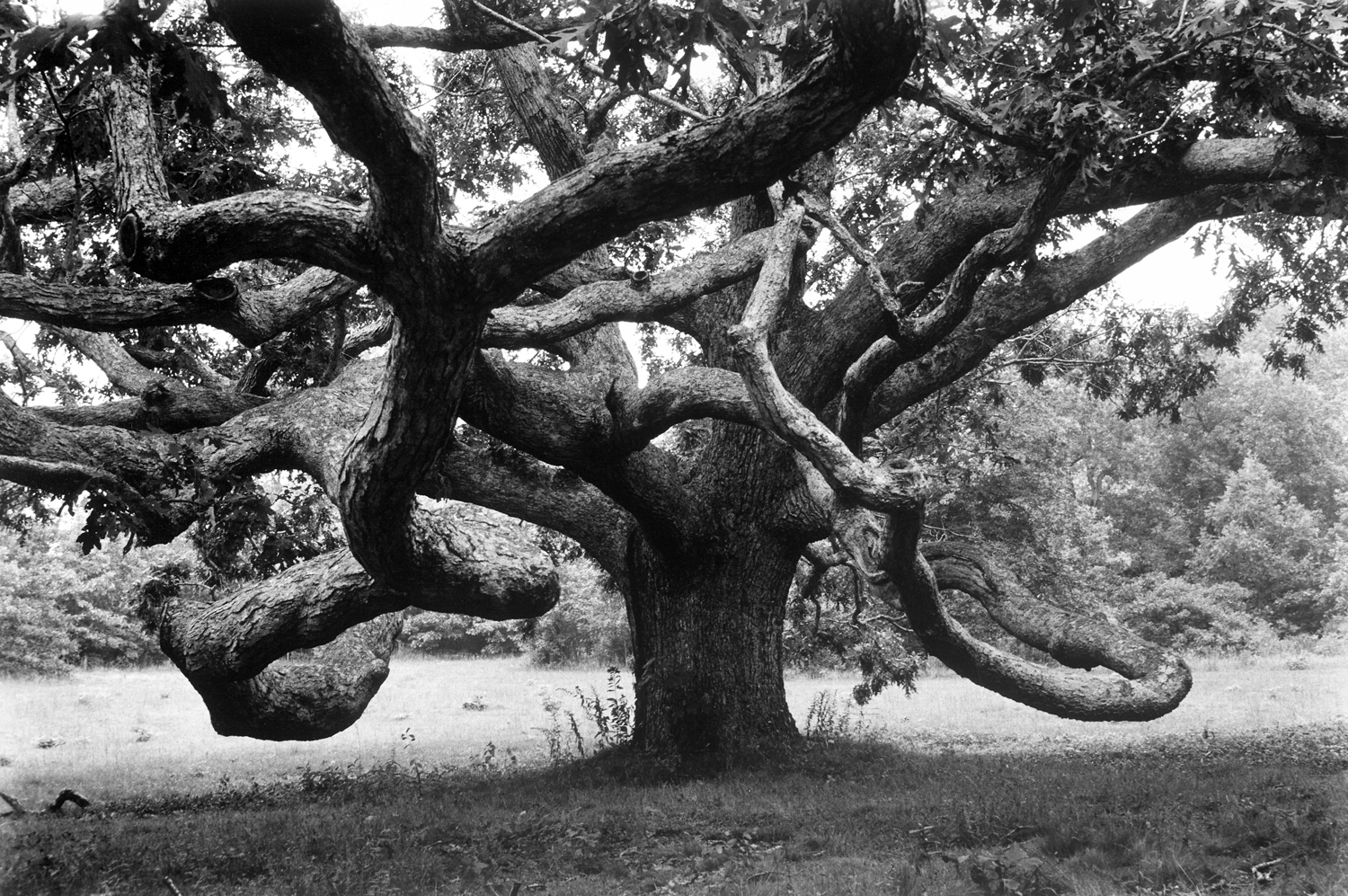
In her classic 1918 novel, My Ántonia, the writer Willa Cather re-created and paid homage to a vanished world of America’s Great Plains — a world of hardy homesteaders and tiny, solitary towns tenaciously clinging to the land amid vast and still-wild spaces. Among the countless memorable, vivid passages in the book, one in particular stands out as a near-perfect distillation of the almost unbearable solitude of the lives lived out on the great, rolling prairie.
“Trees were so rare in that country,” the book’s narrator recalls, “and they had to make such a hard fight to grow, that we used to feel anxious about them, and visit them as if they were persons. It must have been the scarcity of detail in that tawny landscape that made detail so precious.”
There is, after all, something sociable about trees — whether we encounter them singly, in small groves, or in enormous forests. Trees give us paper and pencils, guitars and parquet floors, whiskey barrels and church pews. They offer shade on hot days. They lock away carbon dioxide. Their incredible root systems control runoff from heavy rains and help keep streams and rivers free of choking silt and mud. They act as windbreaks, minimizing snowdrifts in the winter and reducing topsoil erosion all year round. They keep city streets cool, and help muffle noise pollution.
Without trees, we’d be screwed.
Here, on Arbor Day, we offer gratitude and praise to trees — steadfast companions on our small planet.
More Must-Reads from TIME
- Donald Trump Is TIME's 2024 Person of the Year
- Why We Chose Trump as Person of the Year
- Is Intermittent Fasting Good or Bad for You?
- The 100 Must-Read Books of 2024
- The 20 Best Christmas TV Episodes
- Column: If Optimism Feels Ridiculous Now, Try Hope
- The Future of Climate Action Is Trade Policy
- Merle Bombardieri Is Helping People Make the Baby Decision
Contact us at letters@time.com